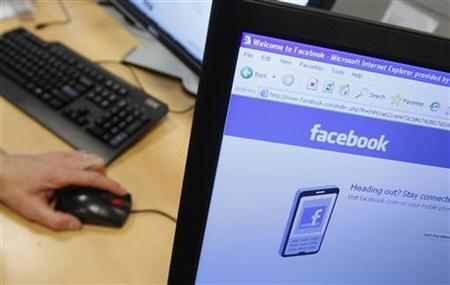 | « Back to article | Print this article |
Govt must get on with social media, not attack it
Early last month, as it was trying to contain the fallout from the Assam riots, the government notified a draft framework for social media engagement as part of the National e-Governance Plan (NeGP).
This was long overdue and the key word is "engagement". The only real way to effectively counter the misuse of social media and SMS/MMS is to respond via the same channels and to do so more credibly and effectively. The draft seems to recognise the need for this shift in perception.
Unfortunately, the official attitude to social media has been adversarial, though attempts have been made by some departments and individuals to understand it. Attempts over the past two or three years to control content by fiat, obfuscation and stealth, have all failed.
Click NEXT to read more...
Govt must get on with social media, not attack it
The ineffective flailing around and blocking of URLs through August was the latest example of this flawed approach. The experiences of China, various Arab nations and Iran, make it obvious that bans don't work even if backed by threats of brutal punishment.
Social media is viral in nature, as indeed is the broader Internet. Content on the Internet can be discredited. But it replicates too fast to be erased. The real-time nature of social networks along with their unprecedented reach makes them difficult to control.
The government must create a strong social media presence and it needs to build trust if it is to manage public perception effectively on social media. The NeGP draft admits that "generally, government actions are often low on public trust due to many reasons".
Click NEXT to read more...
Govt must get on with social media, not attack it
If the government is to expand its social media presence, and it must, it also needs to lay down rules for officials and departments speaking via social media channels.
For instance, if a government department is using Twitter, Facebook, YouTube, or LinkedIn, or just a simple blog, the officials running the system must ensure their message is coherent and consistent with whatever is released by that department on other channels.
In practice, any effective social media presence will be the first channel of communication and officials will also have to respond directly to questions from followers and subscribers.
Click NEXT to read more...
Govt must get on with social media, not attack it
This means an accelerated pace of clearance for official communiques. At the same time, officials must make it clear when they are speaking in their official capacity, and when not.
In addition, social media is also two-way unlike All India Radio or Doordarshan. An effective social media presence involves following other "influencers", to quote the draft, and responding at speed to relevant content.
The draft lays down broad guidelines for this complex process of engagement. It also moots the rather odd possibility of a separate "government social media network", which makes it apparent that there is a serious disconnect somewhere in terms of understanding.
Click NEXT to read more...
Govt must get on with social media, not attack it
Still it's a beginning and on occasion, arms of the government have shown they can use social media. The Delhi police has a popular Facebook page and well-followed Twitter account.
The ministry of external affairs used Twitter effectively to coordinate the evacuation of citizens from Libya. But these are isolated instances. The process of engagement must be institutionalised across departments and not in a token fashion.





